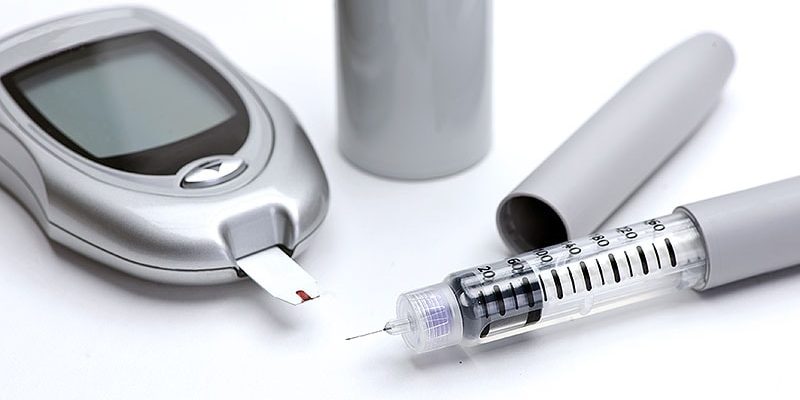TOPLINE:
In insulin-naive people with type 2 diabetes, once-weekly icodec titrated with a dosing guide app was both noninferior and superior to daily basal analogs in reducing A1c levels, with improved treatment satisfaction and compliance scores and similarly low hypoglycemia rates.
METHODOLOGY:
A 52-week, randomized, open-label, parallel-group, phase 3a trial with real-world elements was conducted at 176 sites in seven countries.
A total of 1085 insulin-naive patients with type 2 diabetes were randomly assigned to receive icodec with a dosing guide app or daily analogs (U100 glargine, U300 glargine, or icodec).
TAKEAWAY:
A1c levels dropped from 8.96% at baseline to 7.24% at week 52 with icodec and from 8.88% to 7.61% with the daily analog, a treatment difference of 0.37 percentage point (P < .001 for noninferiority and P = .009 for superiority in favor of icodec plus the app).
Patient-reported outcomes were more favorable with icodec plus the app vs daily analogs, with estimated treatment differences that were significant for the Treatment Related Impact Measure for Diabetes (3.04) but not the Diabetes Treatment Satisfaction Questionnaire (0.78).
Observed rates of combined clinically significant or severe hypoglycemia were low (0.19 event per patient-year of exposure for icodec plus the app vs 0.14 for daily analogs; estimated rate ratio, 1.17).
IN PRACTICE:
“Once-weekly icodec with a dosing guide app could conceivably address several challenges seen in everyday practice, including inadequate dose titration and nonadherence to prescribed treatment regimens.”
SOURCE:
The study was conducted by Harpreet S. Bajaj, MD, MPH, of LMC Diabetes and Endocrinology, Brampton, Ontario, Canada, and colleagues. It was published online September 25, 2023, in Annals of Internal Medicine.
LIMITATIONS:
The research could not differentiate between the effects of icodec and those of the dosing guide app. The study had an open-label design. A 1-year duration is insufficient to assess long-term diabetes- and cardiovascular-related outcomes.
DISCLOSURES:
The study was funded by Novo Nordisk A/S.
Miriam E. Tucker is a freelance journalist based in the Washington, DC, area. She is a regular contributor to Medscape, with other work appearing in the Washington Post, NPR’s Shots blog, and Diabetes Forecast magazine. She is on Twitter @MiriamETucker.
For more news, follow Medscape on Facebook, X (formerly known as Twitter), Instagram, and YouTube
Source: Read Full Article
